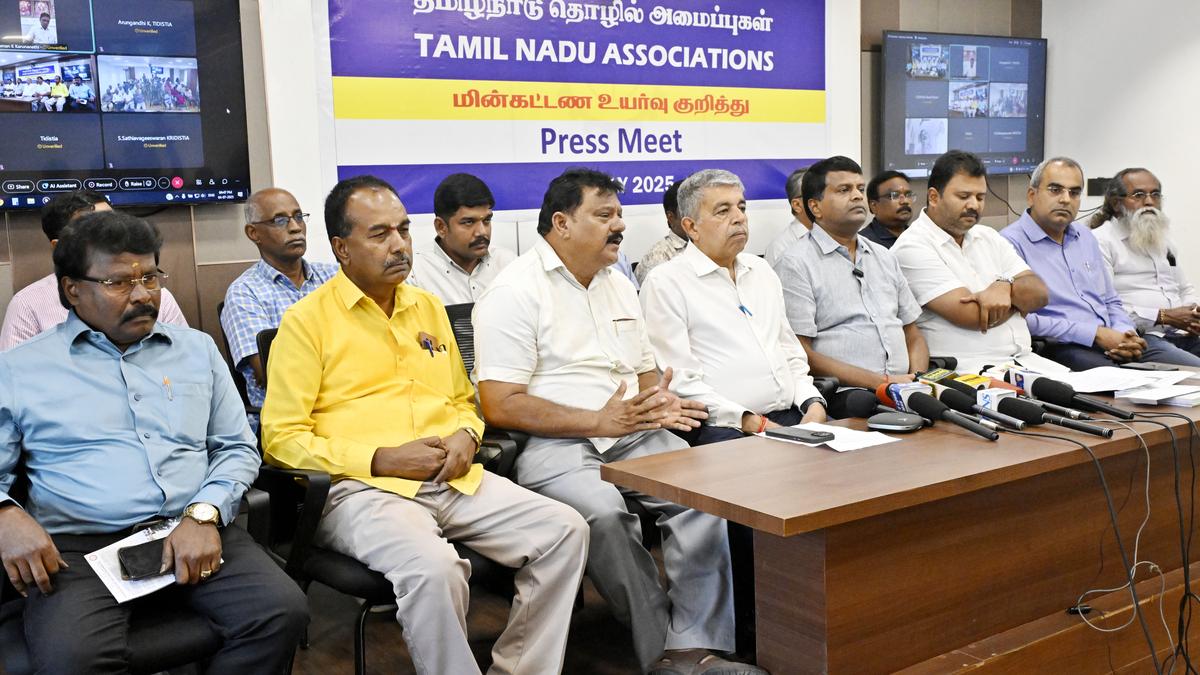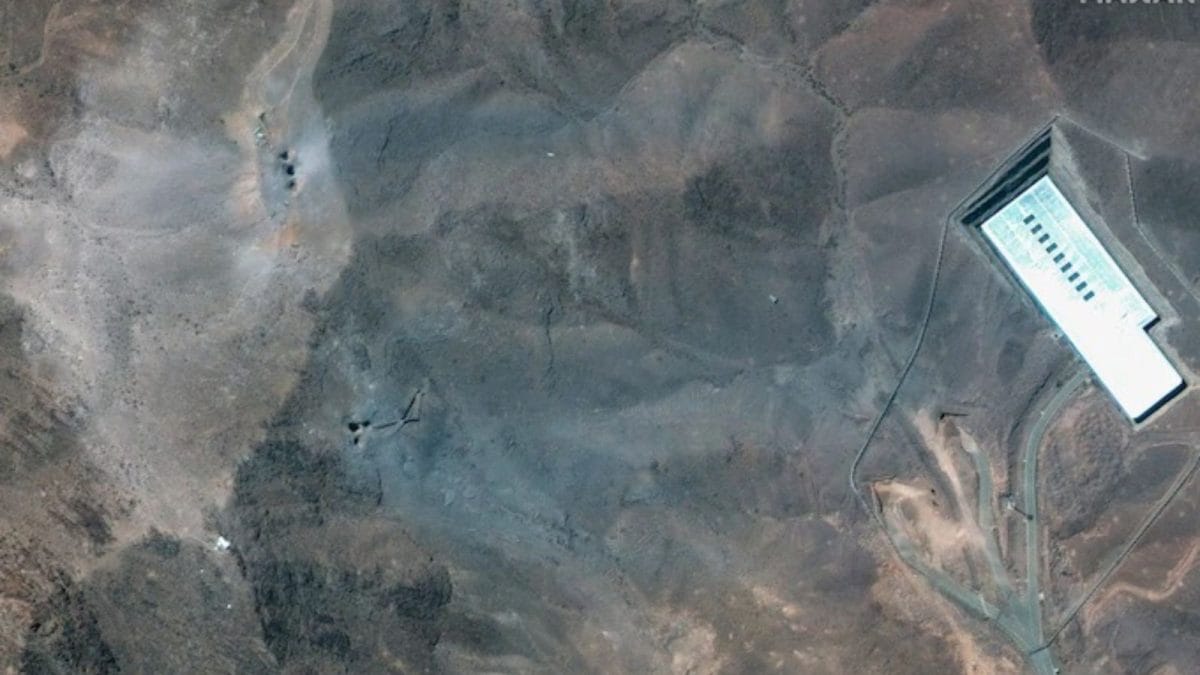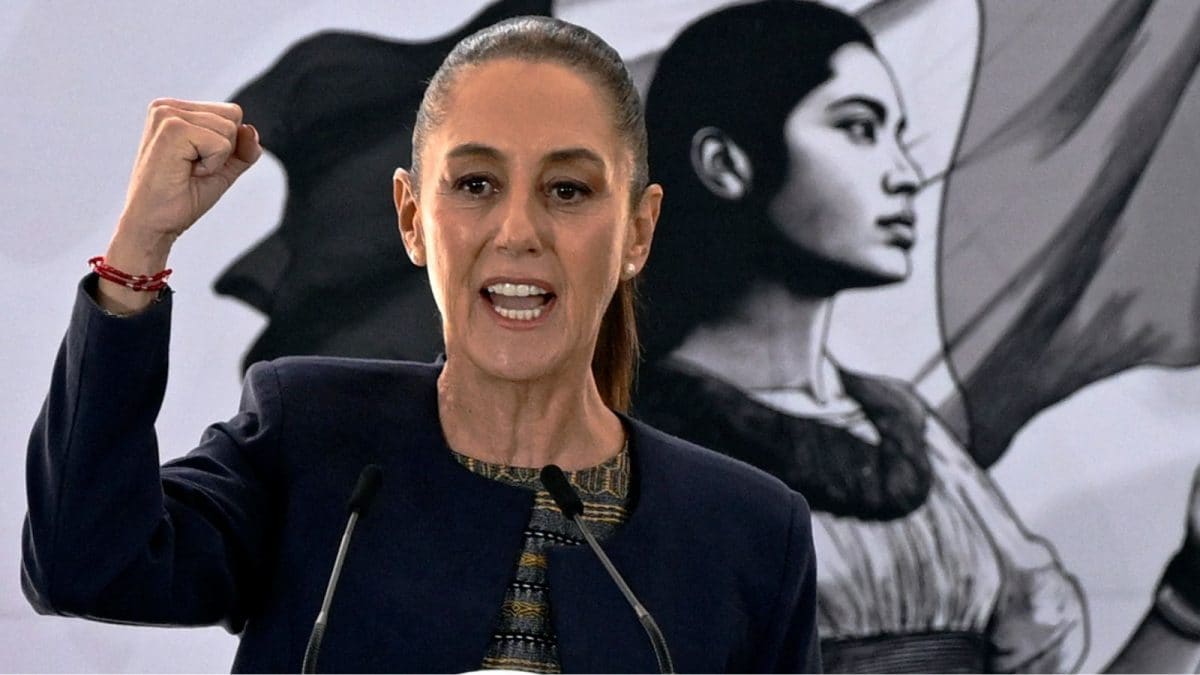GUWAHATI
A committee representing five major Naga tribes—Angami, Ao, Lotha, Rengma, and Sumi—on Thursday announced the resumption of its agitation against Nagaland’s reservation policy in government employment from July 9.
The Committee on Review Reservation Policy has argued that the quota system for 11 “backward” Naga tribes, in place since 1977, no longer reflects the prevailing socio-economic and educational landscape of the region. The list includes seven tribes inhabiting eastern Nagaland.
“The protest will be for a day. We will take further steps depending on how the government responds,” said G.K. Zhimomi, member-secretary of the committee. He clarified that the committee was “not against any tribe benefiting from the reservation policy” but maintained that “a review of this 48-year-old policy is long overdue.”
Mr. Zhimomi said the government had failed to initiate a review in 1987 and instead issued an order in 1989 stating that the reservation would continue until further notice.
The committee had earlier served a 30-day ultimatum to the Neiphiu Rio-led government on April 26, following a memorandum submitted on September 20, 2024, seeking a revision of the quota framework. The group launched an initial phase of protest, which was suspended after Deputy Chief Minister Yanthungo Patton convened a meeting on June 3 and assured that a commission would be set up by June 17 to examine the matter.
However, Chief Minister Neiphiu Rio, speaking on July 2, said that the proposed commission could not be expected to deliver immediate results, describing the task as “very detailed.” He also remarked that any significant administrative reforms, including those related to reservations or delimitation, should be undertaken only after the national Census exercise scheduled for 2027.
Unhappy with the government’s position, the committee decided to relaunch its agitation.
Meanwhile, students from the backward tribes have voiced strong opposition to any potential revision, arguing that any dilution of the current policy would disproportionately harm the State’s marginalised communities.
Nagaland’s reservation policy, first instituted in 1967, reserves 80% of State government jobs for all indigenous Scheduled Tribes. In 1977, eleven tribes were identified as “backward,” receiving 37% of the total reservations—25% allocated to seven eastern tribes and 12% to four tribes from other regions of the State. The same framework applies to State-run entrance examinations and educational institutions.



.png)
.png)
.png)
















 6 hours ago
3
6 hours ago
3








 English (US) ·
English (US) ·